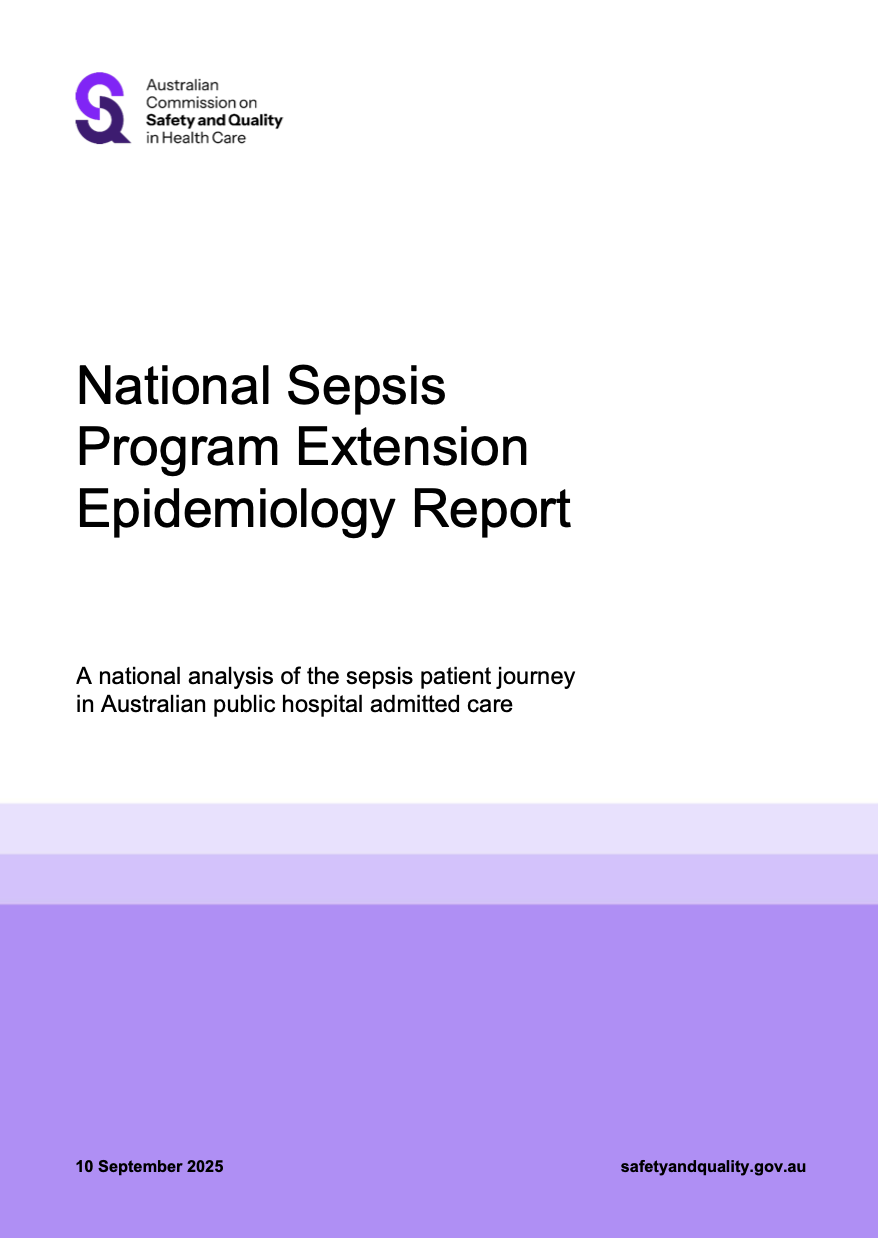Landmark Sepsis Report Underscores Urgency of Shaping Sepsis Care
The Australian Commission on Safety and Quality in Health Care has released its first Sepsis Epidemiology Report, providing the clearest national picture of the condition to date – and highlighting the urgent need for targeted research to save lives.
The report shows that in 2022–23, more than 84,000 Australians were hospitalised with sepsis, a figure far higher than previous national estimates of 55,000 per year. Alarmingly, one in seven of these cases resulted in death, and more than half of sepsis readmissions occurred within 30 days of discharge.
The findings also reveal stark inequities. First Nations people are hospitalised with sepsis at twice the rate of non-Indigenous Australians, while those living with chronic conditions such as diabetes, kidney disease or cancer face far greater risk.
There are signs of progress: the proportion of sepsis-related deaths occurring in emergency departments has declined, suggesting that sepsis pathways and awareness campaigns are starting to make an impact. But the report makes clear that more must be done.
Professor Andrew Udy, intensive care specialist and lead investigator of the National Critical Care Research Collaboration, said the report was a vital call to action.
“This report provides the most comprehensive national evidence we’ve ever had on sepsis in Australia. It makes clear that sepsis is both common and deadly – and that we need to do much more to improve early recognition, timely treatment and follow-up care.”
He emphasised the importance of research that directly responds to the needs of patients, carers, and clinicians.
“Projects like Shaping Sepsis Care are critical. By working with people with lived experience of sepsis, we can identify the most important unanswered questions and focus research where it will have the greatest impact.”
Through Shaping Sepsis Care Survey 1, Australians contributed more than 1,300 questions about sepsis diagnosis, treatment, and recovery. Survey 2, launching in early November, will ask people with lived experience of sepsis to select their top 10 priority questions. These results will then shape a national research agenda to improve sepsis outcomes.
Professor Udy added:
“We must ensure that the questions being researched are the ones that matter most to those affected. That’s how we deliver evidence that changes practice, improves survival, and reduces the long-term impacts of this devastating condition.”
Read the full report and find out more about the Australian Commission on Safety and Quality in Health Care National Sepsis Program.

